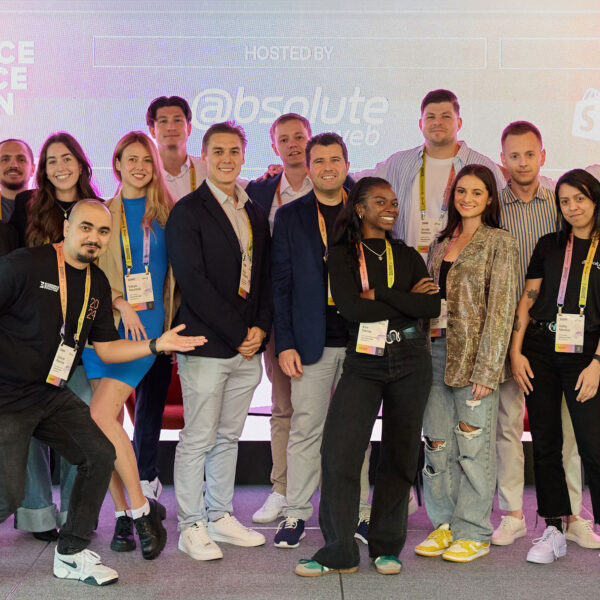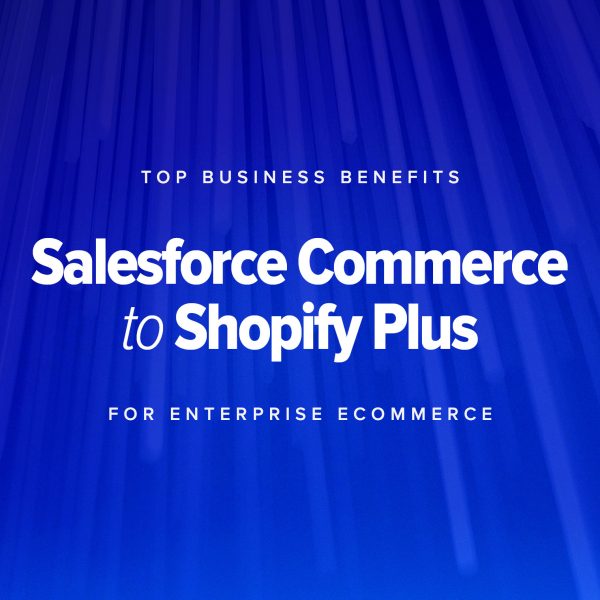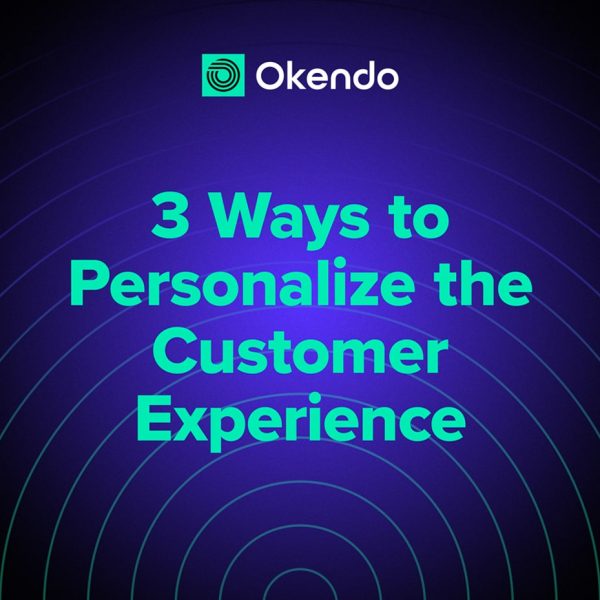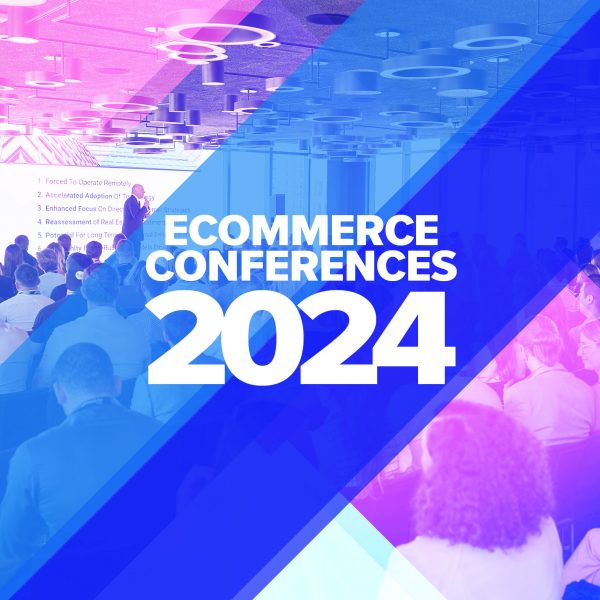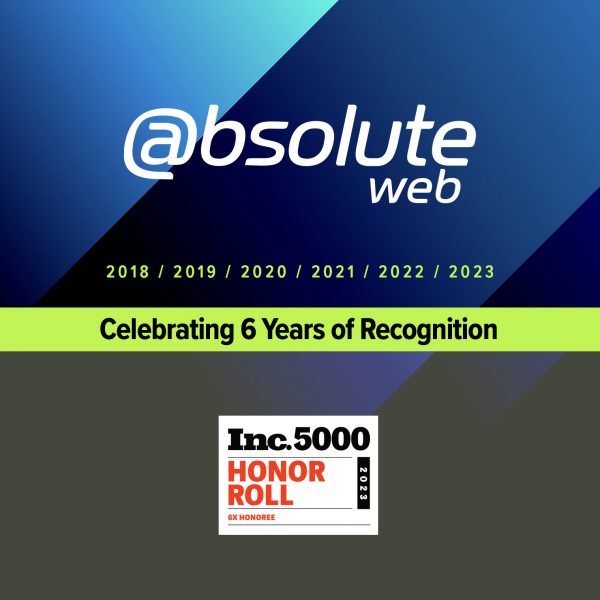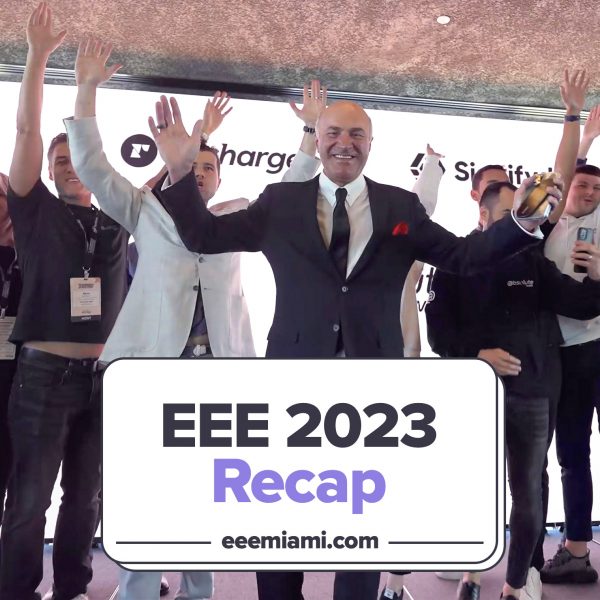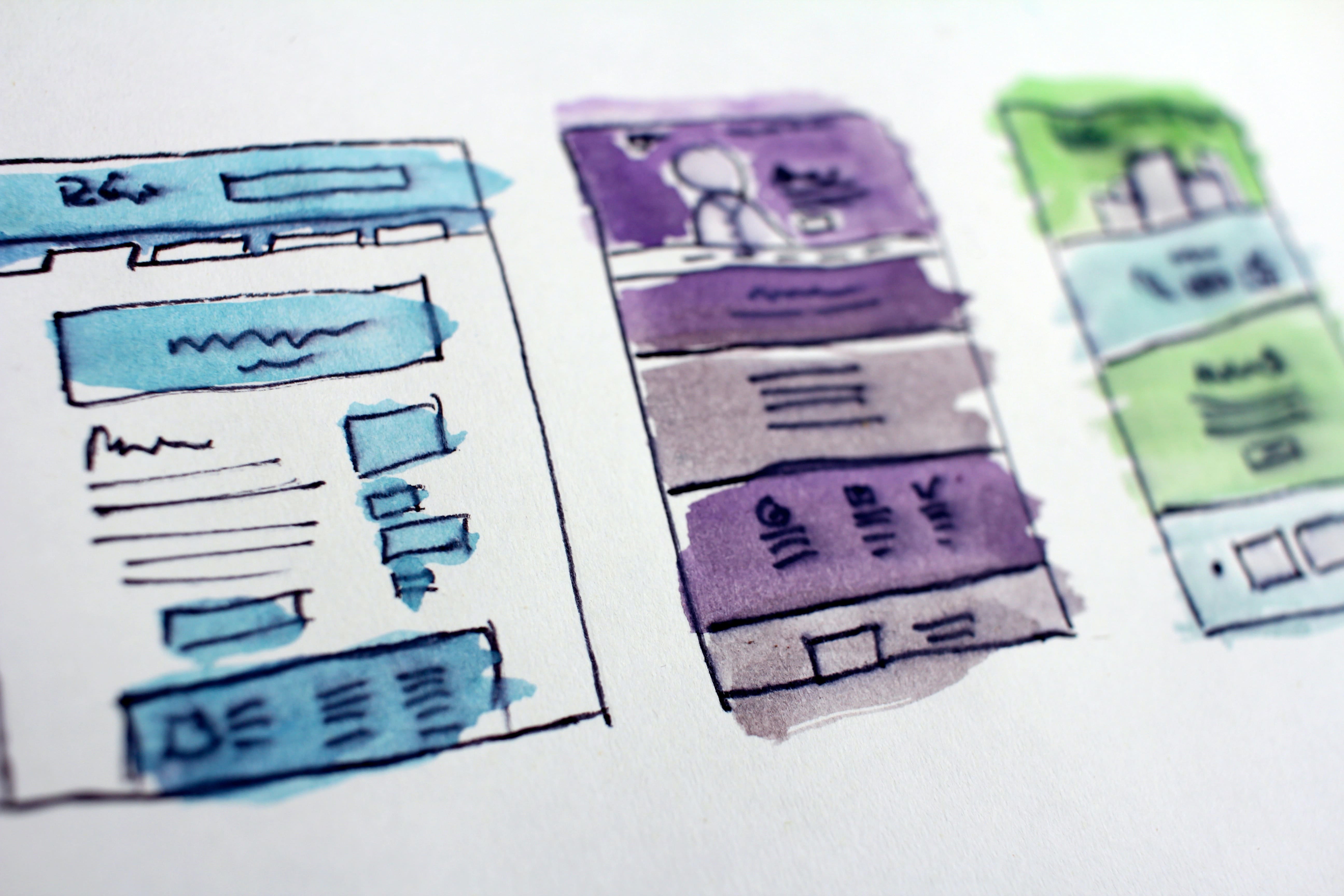
Headless Commerce: A Q&A With Our Team
To learn more about headless commerce, we spoke with Absolute Web’s very own Sergiu Tabaran, eCommerce Specialist and COO, and Georgiy Slobodenyuk, Software Architect, about APIs and front-end customization.
What is an Application Programming Interface (API)?
Georgiy: APIs are a way disparate systems can connect by exposing data for reading and/or mechanisms for mutating data. Using a shared network standard, software systems can communicate over open internet protocols and enhance and build on top of other systems, much like legos, facilitating rapid productivity.
How do APIs work with headless commerce architecture?
Georgiy: A more appropriate term for headless that is gaining popularity is “Composable Commerce.” Just like the composition of artwork is to harmonize a scene, composable commerce is the stitching of services like experience management (content management, campaigns, loyalty programs), commerce (cart, promotions, merchandising, payments, accounts, orders), search, logistics, order management, etc., into a cohesive branded user experience. In doing so, different “systems” can be stacked on top of each other taking advantage of each other’s individual strengths to create a greater whole.
If I’m looking to customize my front-end to go headless, where should I start?
Sergiu: You should look into an agency that has experience working with such technology, with a proven record and case studies.
Georgiy: Adding on to that, find a consultancy or partner with experience that can analyze your current business objectives and provide recommendations based on your current software ecosystem. It’s important to understand the pros and cons of going headless before jumping in.
What is the business value of headless commerce?
Sergiu: Headless implementations give the business the ability to change the backend (platform) while keeping the same frontend. It also makes the website significantly more performant than traditional websites. Lastly, it provides more customization flexibility for user experience (UX).
Georgiy: Additionally, by taking advantage of services and applying them for their strengths, optimizations can be made far more often than non-headless commerce in terms of development team composition (teams can be onboarded to only be responsible for their part of the system, which expedites the process of development and iteration), scalability (headless systems can often be easier to scale as each part of the website experience can be independently scaled either by third parties, like hosted search, personalization, and media content, or by separate provisioning that has fewer responsibilities than infrastructure requirements for monolithic projects, among others. In summary, when planned correctly, architecting a headless commerce website unlocks development team productivity, improves how infrastructure can be scaled, creates more flexibility in choosing third-party solutions to integrate with, and more.
Interested in working with Absolute Web?
Learn more about our experience, brands we work with, or contact us today!
More Articles
EEE Miami 2024: A Monumental Success
The buzz of EEE Miami 2024 has finally settled, leaving…
Read more
Enterprise Ecommerce: Benefits of Migrating from Salesforce ...
In the fast-evolving landscape of e-commerce, selecting the right platform…
Read more
3 Ways to Personalize the Customer Experience
In today’s ecommerce landscape where competition is fierce, standing out…
Read more
Ecommerce Growth Strategy Over Hype: How Not ...
If you’re in ecommerce, there’s no getting away from the…
Read more
Top Ecommerce Conferences and Marketing Events to ...
In a rapidly evolving industry like ecommerce, staying ahead of…
Read more
Inc. 5000 & Absolute Web: Celebrating 6 ...
It’s with immense pride and gratitude that we announce Absolute…
Read more
The Most Inspiring Ecommerce Event. EEE 2023 ...
On February 23rd, the second edition of Ecommerce Experience Evolution…
Read more
What Shopify’s Checkout Extensibility Update Means for ...
Shopify Plus, an enterprise-level version of the popular Shopify ecommerce…
Read more
Social Feed

